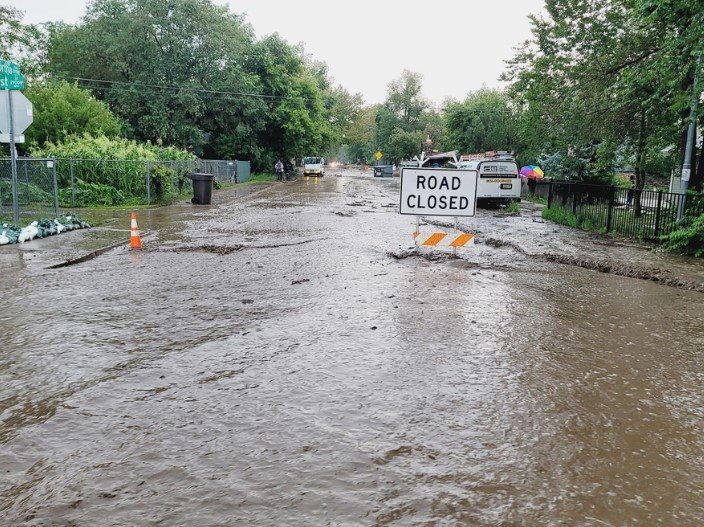The Biden administration has turned down Georgia’s request for an extension to apply for federal disaster relief funds related to Hurricane Helene, a decision that state officials say could leave millions in damages unaddressed. The Federal Emergency Management Agency (FEMA) confirmed that it will not issue another extension, ending the months-long application period that several states, including Georgia, had been relying on to secure additional aid.
FEMA Stands Firm on Deadline
Georgia officials had hoped for a final extension, citing bureaucratic delays and ongoing recovery efforts as reasons for needing additional time. The request was officially submitted last month, with Governor Brian Kemp arguing that the state needed more resources to rebuild communities hit hardest by Helene.
FEMA, however, was clear in its response. A spokesperson stated that the deadline had already been extended twice and that further delays would impact future relief efforts for other disasters.
- “The agency must balance relief needs for past events with preparations for future emergencies,” the spokesperson added. *
That explanation has not satisfied Georgia officials, who argue that the denial leaves local governments scrambling to fill the funding gap.

Millions at Stake for Georgia Residents
State emergency officials estimate that without additional federal aid, Georgia could face a funding shortfall of nearly $200 million. The bulk of these funds would have been allocated to repairing roads, bridges, and public buildings severely damaged by Hurricane Helene.
- Key concerns raised by state officials include:
- Incomplete infrastructure repairs, particularly in coastal counties.
- Displacement of families who were counting on housing assistance grants.
- Increased strain on state emergency funds already stretched thin by other disasters. *
One local mayor called the White House’s decision “a gut punch to struggling communities,” emphasizing that smaller municipalities lack the resources to handle large-scale recovery efforts on their own.
Georgia’s Congressional Delegation Weighs In
Members of Georgia’s congressional delegation, including both Democrats and Republicans, have voiced frustration over the rejection.
Senator Jon Ossoff called the decision “shortsighted,” adding that “denying funds at this stage only makes long-term recovery more expensive.” Meanwhile, Representative Marjorie Taylor Greene, a frequent critic of the Biden administration, accused the White House of “playing politics with disaster relief.”
This bipartisan frustration is expected to fuel legislative efforts to secure alternative funding, possibly through a supplementary spending bill. Whether such efforts gain traction remains uncertain, especially in a divided Congress.
Comparing Georgia’s Situation to Other States
Georgia is not alone in its struggle. Several other states impacted by Hurricane Helene also requested deadline extensions. However, FEMA has held firm, refusing to grant additional time for applications.
A comparison of state relief requests and FEMA responses:
| State | Relief Request Amount | Extension Requested | FEMA Response |
|---|---|---|---|
| Georgia | $200 million | 60 days | Denied |
| South Carolina | $150 million | 45 days | Denied |
| Florida | $250 million | 30 days | Denied |
| Alabama | $100 million | 60 days | Denied |
The uniform rejections indicate that FEMA is unwilling to alter its approach, despite mounting pressure from state leaders.
What Comes Next?
With federal relief funds now out of reach, Georgia will need to explore other options. Governor Kemp has signaled that the state may allocate additional emergency funds, but doing so would require budget adjustments that could impact other critical programs.
Meanwhile, local officials are urging residents affected by the hurricane to explore private assistance programs and nonprofit organizations that may provide some relief. The state legislature is also expected to hold hearings on the funding shortfall in the coming weeks.
For now, though, Georgia finds itself in a tough spot, left to navigate the aftermath of Hurricane Helene with less federal support than it had hoped for.
